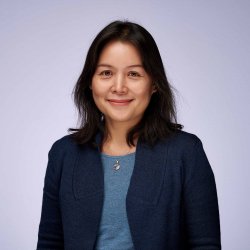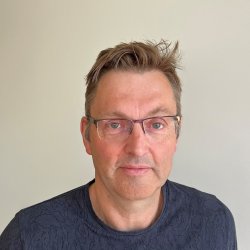Fish for Development in Ghana - Aquaculture
The Fish for Development Programme in Ghana aims to empower the Fisheries Commission to be in a better position to manage and regulate both the marine fisheries and the aquaculture industry in a sustainable manner. The programme seeks to introduce science-based sustainable management practices to both sectors. Sustainable development will bring long-term socio-economic benefits to the nation.
Expected Outcomes
The Norwegian Veterinary Institute is responsible for the aquaculture component of the FfD programme. This aims at the sustainable management of aquaculture production and is supported by three lower-level outcomes:
- Improved regulatory framework for protection of the aquatic environment to secure sustainable aquaculture production
- Improved fish health management in the aquaculture industry
- Improved monitoring of the aquaculture industry
These three outcomes will to ensure the achievement of sustainable management. Development of sustainable fish farming is dependent on an acceptable balance between the intensity of farming in different zones of the lake and the lake environment, which in turn will promote and protect the health and welfare of fish. Aquaculture production can only be sustainable if the activity is within the limits of the carrying capacity of the environment.
Current Status
The private sector leads aquaculture in Ghana. Aquaculture practice consists of over 2000 small-scale countrywide local pond farmers and foreign commercial cage farmers who are located in the Southern part of the Volta Lake. The haphazard location of cage farms in locations with no basic infrastructure, combined with lack of planning, ultimately leads to high attrition rates due to inadequate capital. In general, there is low level of compliance to regulatory requirements especially permit acquisition from multiple regulators. Many operators desire a rationalisation of regulators that can lead to a one-stop-shop for permit acquisition.
Constraints and Challenges
Furthermore, aquaculture extension delivery, including fish health monitoring and surveillance, is weak in terms of personnel and logistics. The total lack of understanding of biosecurity measures to prevent introduction of infectious agents into farm facilities is compounded by the refusal of some cage farmers to grant access to their farms by Government officials on routine inspections. High cost of fish feed, credit and under developed value chain, are additional challenges confronting the aquaculture industry in Ghana. As a result, there is a need to improve the climate of collaboration among regulators, farmers and researchers based on trust and open knowledge sharing. This would improve policy and commercial decisions, which as envisaged, would eventually be informed by science-based considerations.
Empowerment through Collaboration
Consequently, the aquaculture component of the Fish for development program aims to empower the Fisheries Commission to be in a better position to regulate the industry in a transparent and cooperative way to achieve its desired goals and impact. The tone, spirit and letter of the key mandates of the Fisheries Commission (FC) are to take care of national interests and these may include conflicting issues. A major objective for the project therefore is to make the industry and FC to understand each other better, come closer and find good common solutions within a framework where the industry can develop sustainably and national interests are protected in the long term for the benefit of all.
Project managers
Partners
- Marine Research Institute
- Fisheries Directorate
- Norwegian Food Safety Authority
Funding
NORAD through the Royal Norwegian Embassy in Accra, Ghana finances the project.


